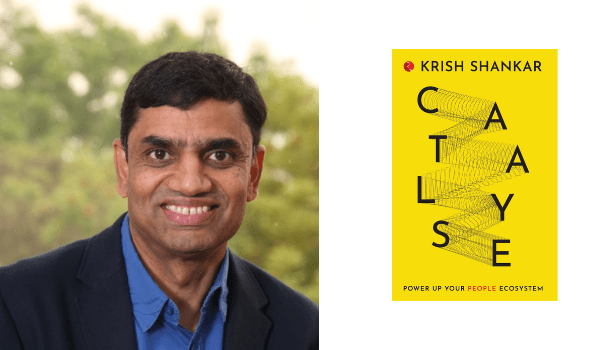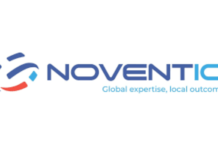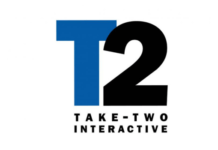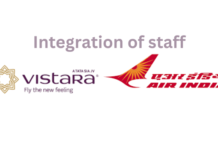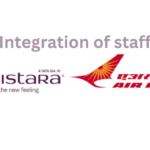Krish Shankar, group head-HR, Infosys, has turned author with his debut book, CATALYSE—Power up your People Ecosystem.
The book talks about the secret sauce to make a business more successful — its people! Shankar, who himself comes with over three decades of experience in human resources, and has worked with big conglomerates across sectors, has drawn from all his past involvement with and insights in the field of HR. He has packed them all together with the latest research on positive psychology and neuroscience, into this contemporary HR playbook.
Talking to HRKatha, Shankar says that he has tried to highlight 10 elements of business and people- related outcomes or business needs rather than just traditional HR function actions.
“The book is not just meant for HR, but for all business leaders and managers who desire effective business results, and wish to leverage the people ecosystem to get best out of people,” tells Shankar one.
Shankar reveals that during the lockdown, in 2020, when almost every professional in this world was working from home, Shankar had some free time to spare at home on weekends. And since employees became the centre point of every business strategy, a lot was happening in the HR space and the people strategy was taking a whole new shape. This made Shankar pen down his thoughts.
The book is a result of experiences that Shankar has accumulated in his career and also his past writings.
In the book, Shankar explains that for any business to be successful, three essential elements need to be mastered as we move up the corporate hierarchy. First is business acumen — to understand the business processes; second is leadership style or behaviour; and third is the people processes or systems. CATALYSE — Power up your People Ecosystem, focuses primarily on the third element. How to leverage the full power of people’s potential, to build a strong people system in the company, is what Shankar concentrates on.
“The book is not just meant for HR, but for all business leaders and managers who desire effective business results, and wish to leverage the people ecosystem to get best out of people”
Krish Shankar, group head-HR, Infosys
“Through leadership style, one can only inspire a few people in the organisation. However, building a strong people ecosystem enables every individual in the organisation to demonstrate the right behaviour for the success of the business,” says Shankar.
Citing an example from his book, Shankar recalls his tenure with Unilever. Back in 1997, the first project he was entrusted with at the Company, was to lead a cross-continental team to build a development resources framework and guide for the Unilever competencies.
In the initial two meetings, the discussion went nowhere. Shankar struggled to get the team aligned and work in one direction. Just when he felt the project was headed for disaster, his boss sought the help of a consultant to coach Shankar. The consultant encouraged Shankar to learn the science behind the project at hand, and try to understand how such a framework could be introduced in a global organisation, across countries. When he goes back and reflects on this, Shankar realises that he would have been better prepared and equipped if he had understood the nuances of different cultures.
Why would one want to focus on the people systems, and that too now?
For one, as Shankar explains, things are changing now. The function of HR is not what it used to be a decade ago. And ten years from now, the role of HR will be more valued. Earlier, it was just seen as a functional role such as recruitment, training, performance management or setting up a rewards strategy. Now, however, the role of HR has been integrated into every aspect of the business. In the coming days, HR will play the differentiator in business success. The pandemic has only accelerated this process.
The second reason is the changing behaviour of leaders. Earlier, any business leader would spend time in the organisation, understanding the business and the HR systems better. Now, people switch jobs more frequently, and take up end-to-end business roles early on in their careers. Also, many startups have emerged in the last two decades, run by leaders who may not have much exposure to people systems. The business context is also changing very fast with shorter runways for results.
Some of the big names in the HR space, such as Leena Nair, global CEO, Chanel; Ranjay Radha Krishnan, CHRO, Reckitt Benckiser; Anuradha Razdan, executive director HR, HUL & VP-HR, Unilever South Asia; Mahalaxmi R, CPO, South East Asia, Mondelez International; Manoj Garg, CHRO, Dr Path Labs; BP Biddappa, global VP-HR, home care & health wellbeing, organisation and people analytics, Unilever; Archana Bhaskar, CHRO, Dr. Reddy’s; Santrupt Misra, group director – HR, Aditya Birla Group and so on, have shared their experiences and insights with the readers.
Even some prominent business leaders such as Nitin Paranjpe, COO, Unilever; Suresh Narayanan, chairman & MD, Nestle India; Sangeeta Pedurkar, CEO, Aditya Birla Fashion & Retail; Gangapriya Chkraverty, MD, Ford Motors Company India; Manoj Kohli, country head, SoftBank; Shiv Shiva Kumar, group executive president-corporate strategy & business development, Aditya Birla Group have contributed their valuable thoughts to this volume.
CATALYSE — Power up your People Ecosystem, is already available for purchase on Amazon with a hardcover and a Kindle version. With precious advice and opinion from HR stalwarts as well as big names from the business community, the book may just end up as the Bible for not only those in the HR domain, but every manager in the corporate world.
Value our content... contribute towards our growth. Even a small contribution a month would be of great help for us.
Since eight years, we have been serving the industry through daily news and stories. Our content is free for all and we plan to keep it that way.
Support HRKatha. Pay Here (All it takes is a minute)





